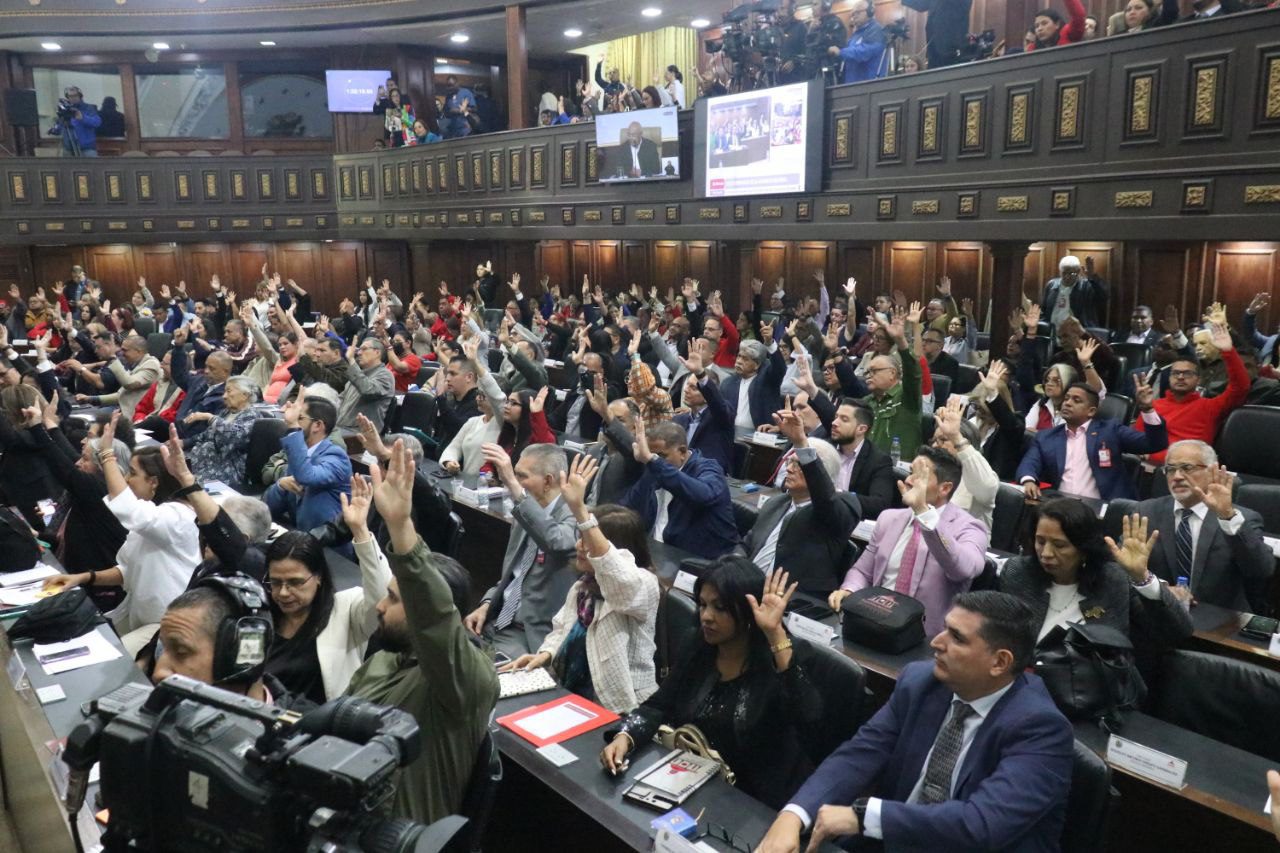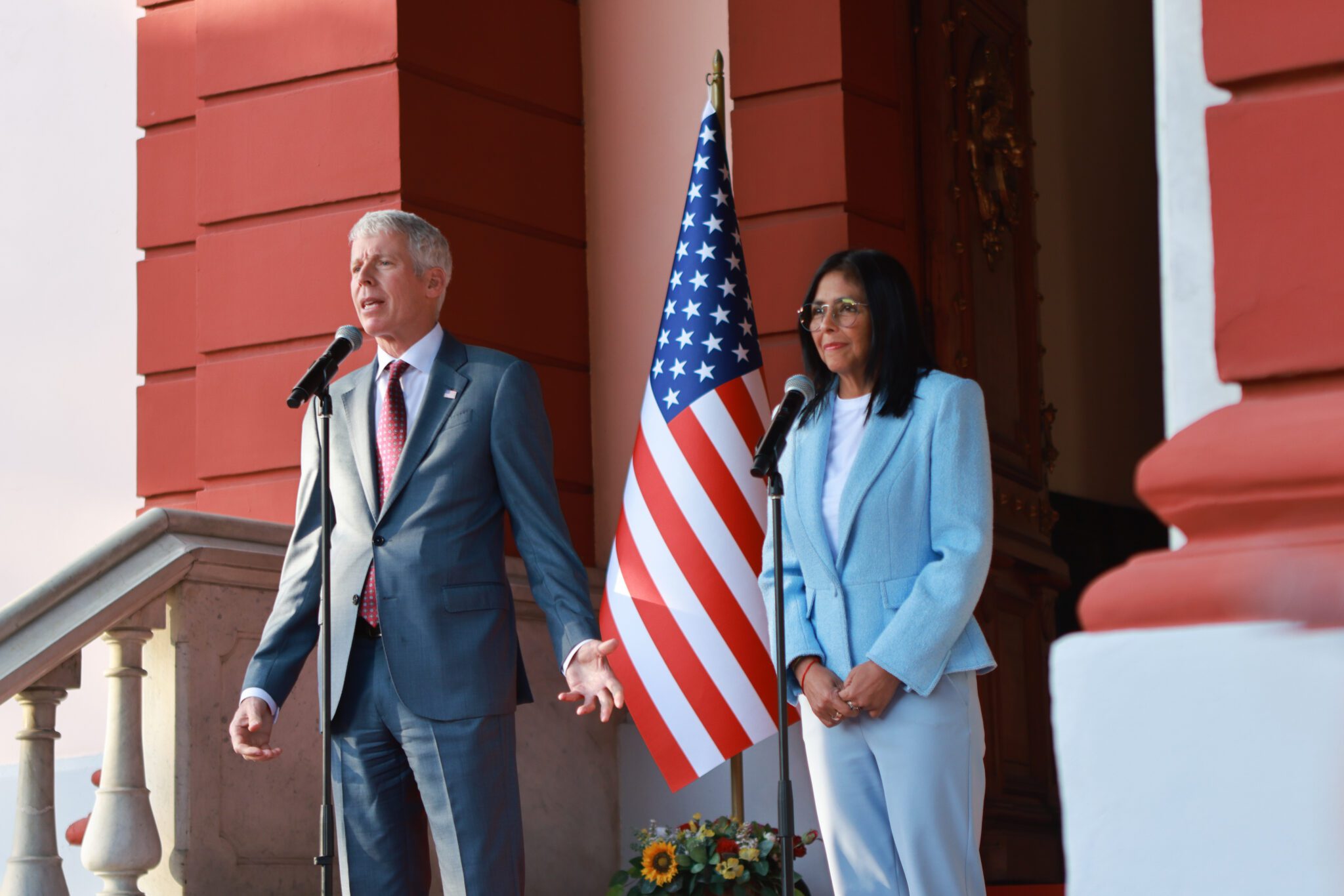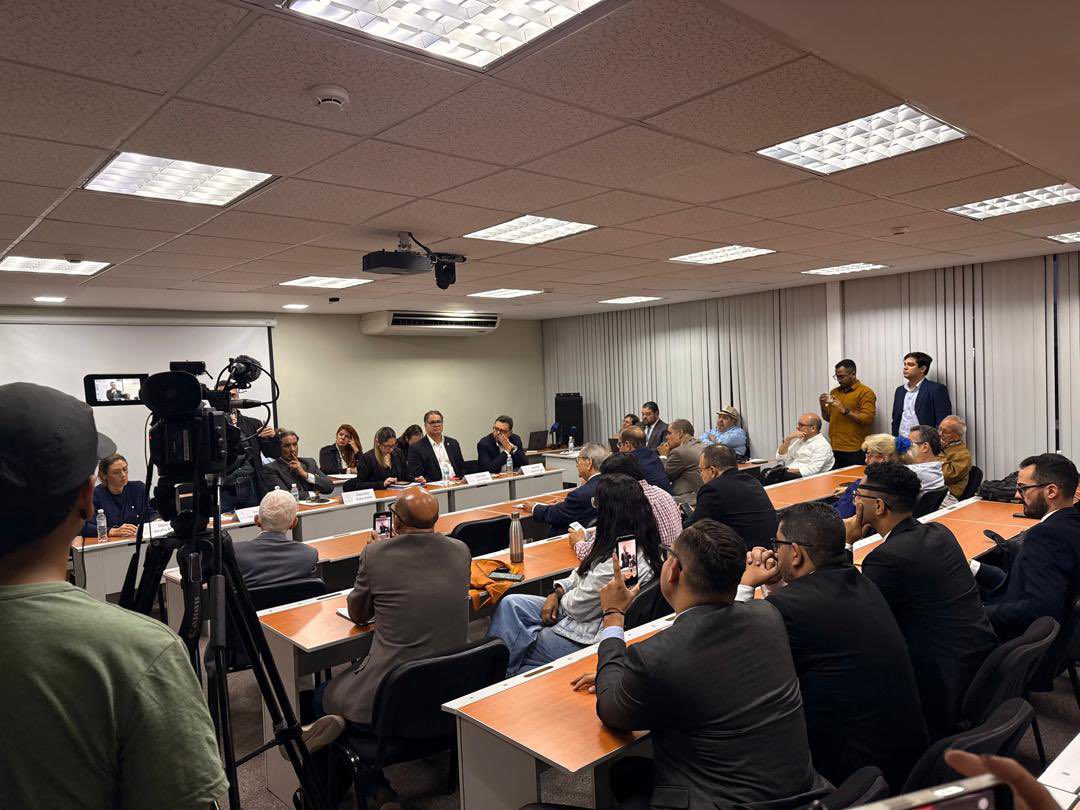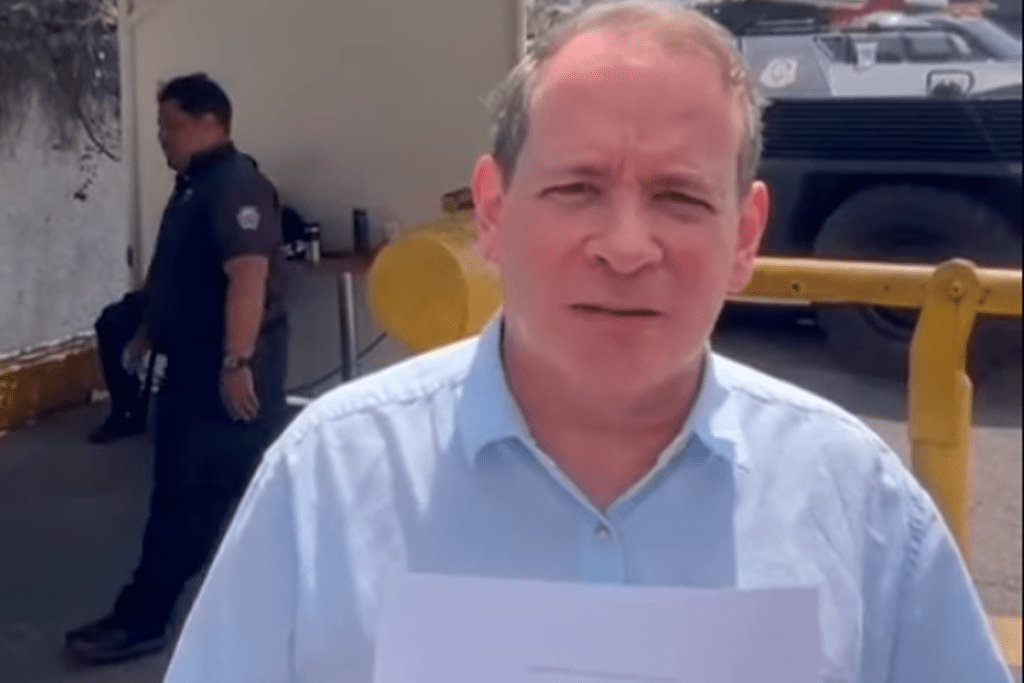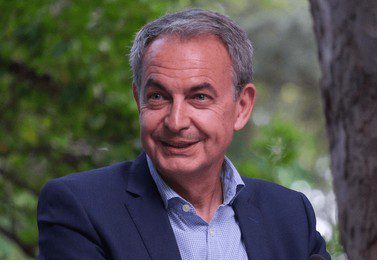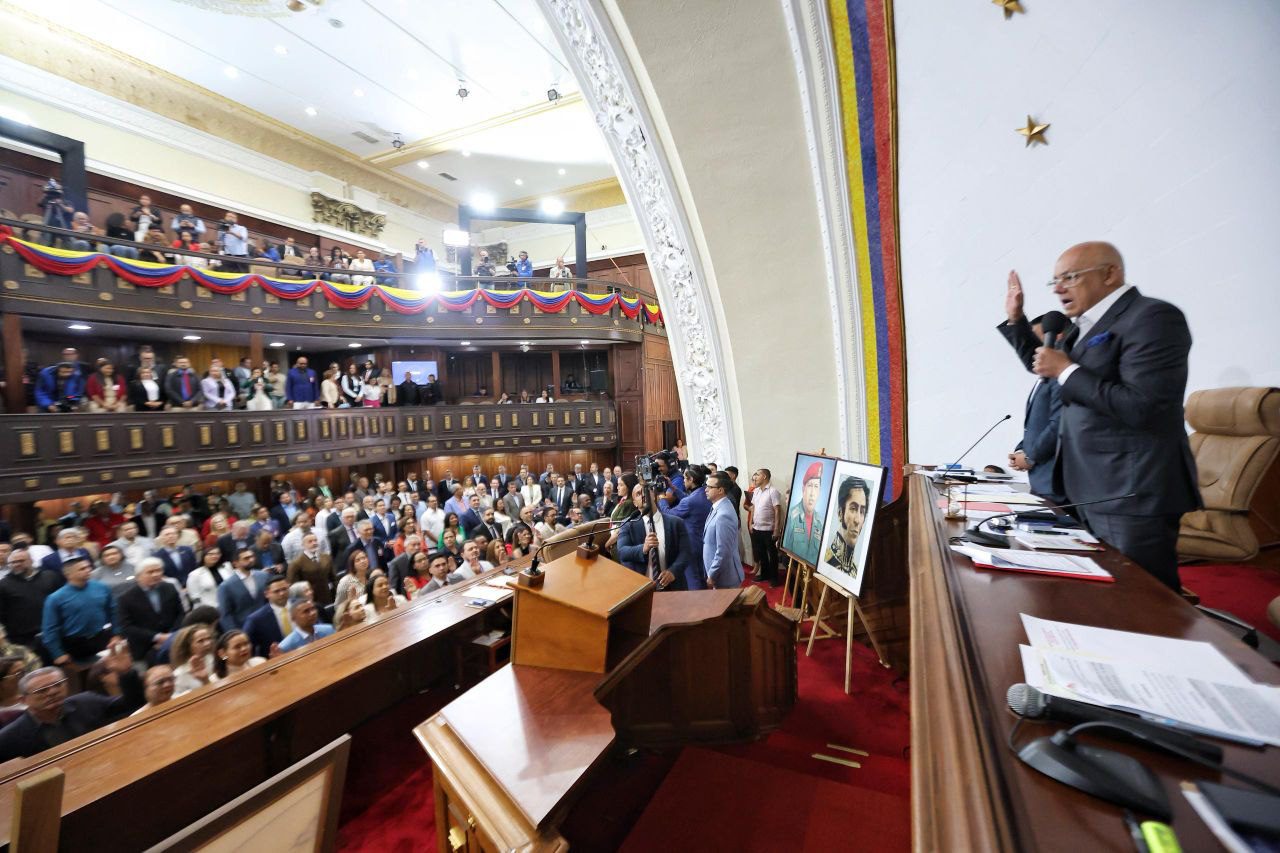Volker Türk, United Nations High Commissioner for Human Rights, questioned the deadly U.S. attacks in the Caribbean Sea.Photo: Office of the United Nations High Commissioner for Human Rights Press
Guacamaya, October 31, 2025. The United Nations High Commissioner for Human Rights, Volker Türk, condemned this friday the series of bombings carried by the United States against vessels in Caribbean and Pacific waters, describing them as “violations of international law” and “extrajudicial executions.” The attacks, linked by Washington to the fight against drug trafficking, have left more than 60 dead in 15 operations in recent weeks.
UN demands end to attacks and an independent investigation
Türk urged the US government to immediately halt the aerial operations and to open a”swift, independent, and transparent” investigation into the events. According to the High Commissioner, the attacks do not meet the standards of international human rights law, which prohibits the lethal use of force except in the face of an imminent threat.
“The attacks and their growing human cost are unacceptable. The United States must put an end to them,” stated Türk, who recalled that the North American country is a party to international treaties on the fight against drug trafficking and human rights, and is therefore obligated to respect them.
Washington Cites Self-Defense and Fight Against Drug Trafficking
The Pentagon,under the direction of Secretary of Defense Pete Hegseth, has defended the operations as part of a “necessary” campaign to curb the flow of drugs into the United States. In a video distributed on social media, Hegseth showed the latest attack against a supposed “narco-boat” in the eastern Pacific, where its four crew members died.
The Trump administration maintains that the actions are covered by international humanitarian law, applicable—according to their interpretation—in the context of a war on drugs. However, the UN rejects this argument and considers that there is no declared armed conflict that justifies the use of military force.
Venezuela, Colombia, and Regional Tensions
The US naval deployment began in August in the Caribbean,with Venezuela at the center of tensions, and later extended to the Pacific, also involving Colombia. Both the governments of Nicolás Maduro and Gustavo Petro—both accused by Trump of being “drug traffickers”—have denounced the attacks as “murders” and “extrajudicial executions.”
The issue reached the UN Security Council at the initiative of Russia, at Venezuela’s request. In the session, Moscow and Beijing supported Caracas’s accusations in a particularly tense debate.
Human Rights organizations and the obligation of accountability
Various NGOs,including Amnesty International, have agreed with the United Nations’ criticisms and demanded that Washington be held accountable for the attacks. “What is appropriate in the fight against drug trafficking are police methods, not bombings,” declared Ravina Shamdasani, spokesperson for the UN Human Rights Office.
According to the organization, none of the people traveling in the attacked vessels “appeared to represent an imminent threat to the lives of others.” For this reason, the UN maintains that the events must be considered serious violations of the right to life.
A campaign with diplomatic consequences
The intensification of US military actions against alleged drug trafficking networks in the Caribbean and Pacific has strained relations with several Latin American countries.While Washington insists it is a regional security operation, criticism from the UN and Latin America describes it as a unilateral campaign that violates sovereignty and international law.
With more than 60 dead in just two months, calls for an urgent review of the US strategy are growing both inside and outside the region. The United Nations warned that the fight against drugs cannot justify human rights violations or the militarization of the seas.


